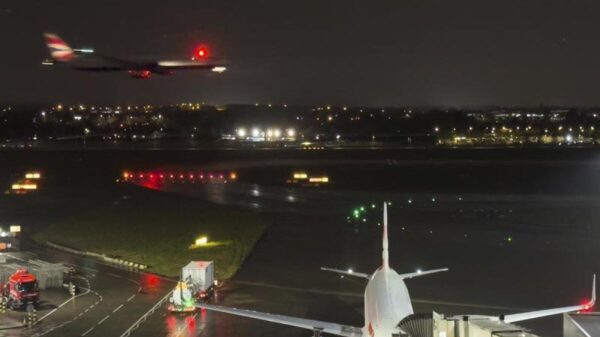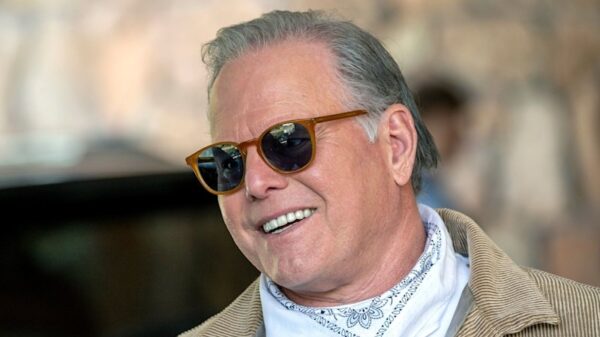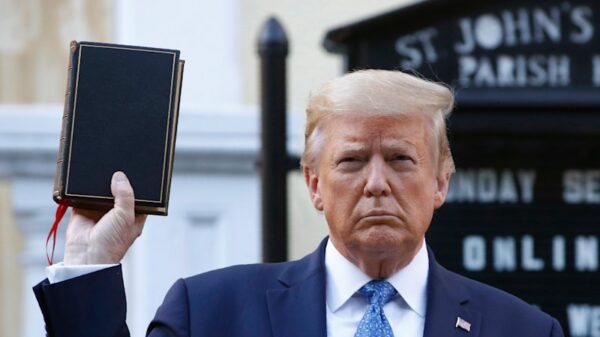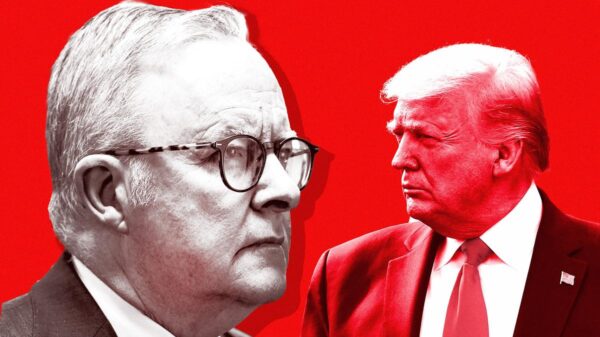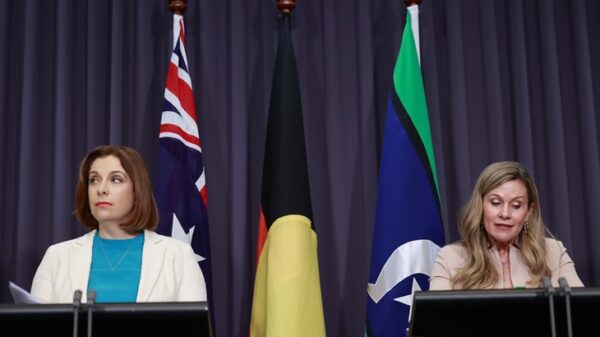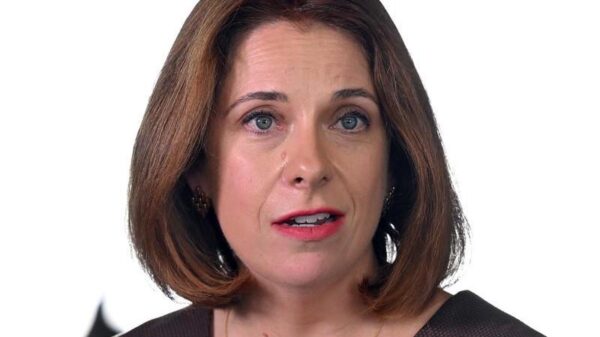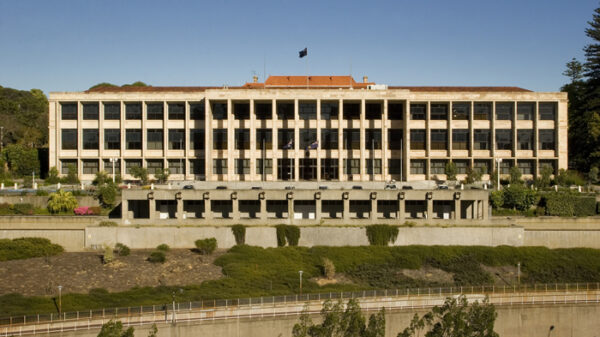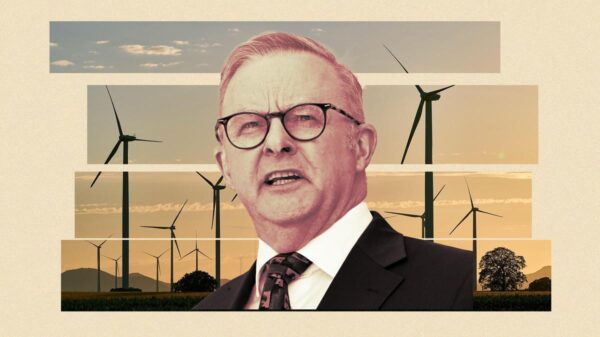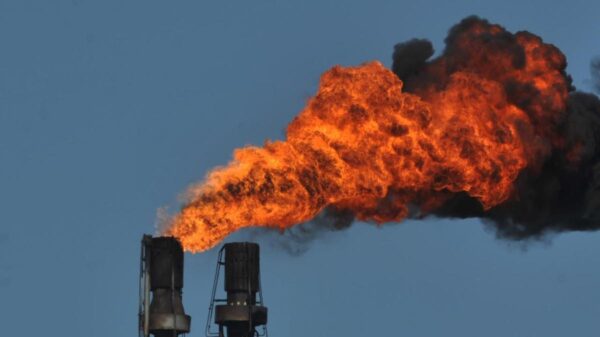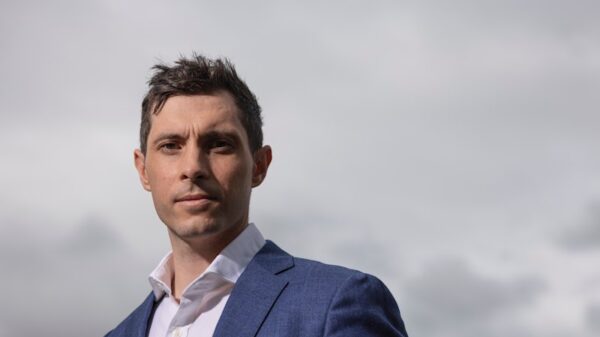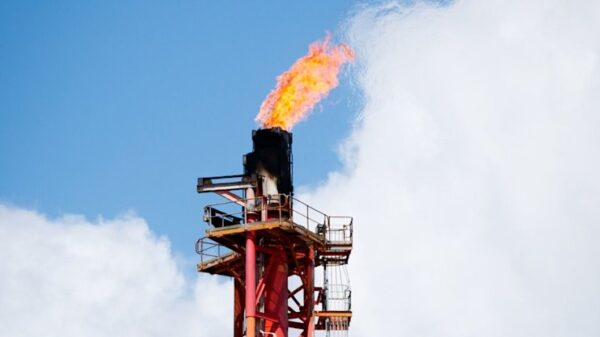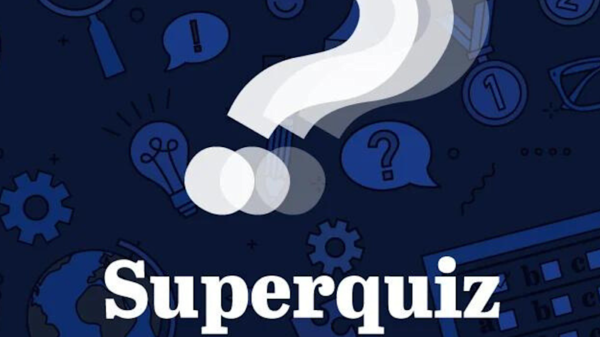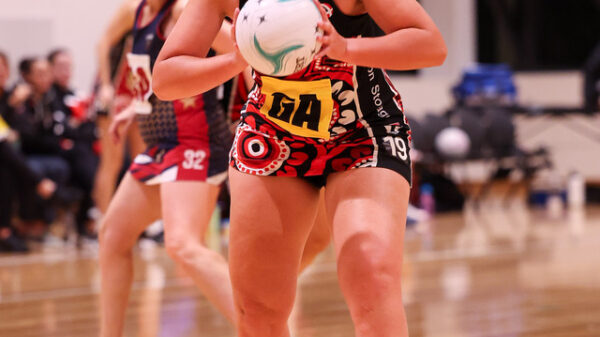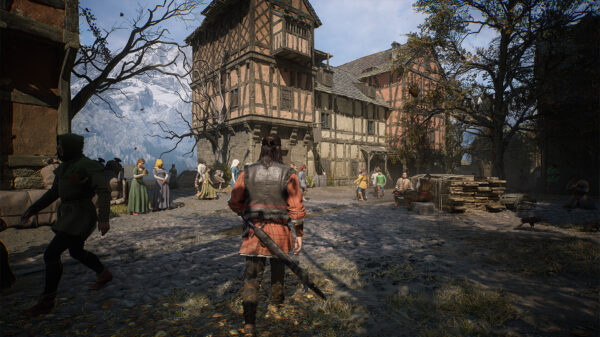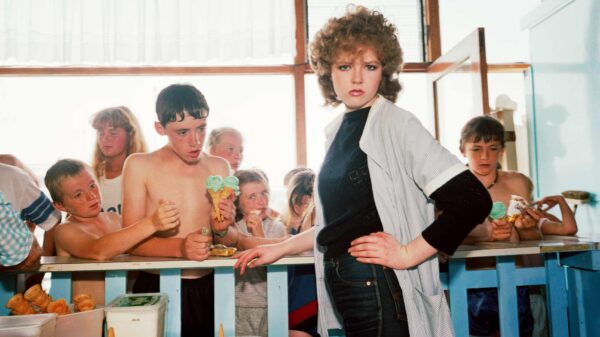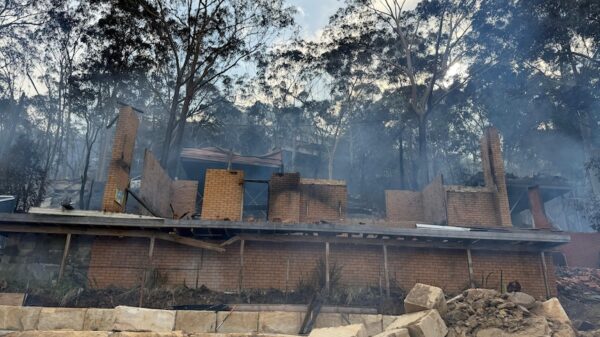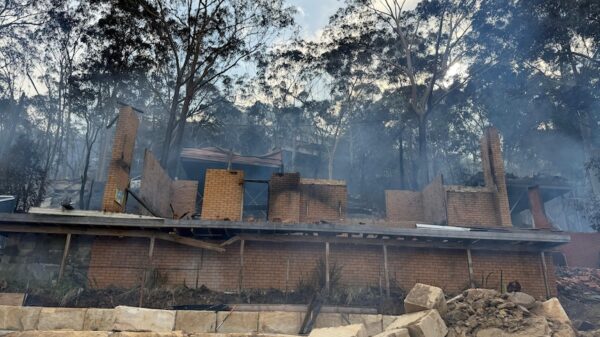Cameroon is preparing for presidential elections on October 12, 2025, with incumbent President Paul Biya seeking another term. Having held power for nearly 43 years, Biya’s potential re-election raises concerns about political stability, regardless of the outcome. The context of this election mirrors the political landscape seen in previous years, particularly the 2018 elections, where the ruling party is expected to maintain its grip on power.
Biya’s tenure has been marked by a combination of political stability and significant internal strife. If he wins, he will have been in power for nearly half a century by the end of a new term in 2032, a feat unmatched by any modern head of state. Since his rise to power in 1982, Biya has shaped the Cameroonian political landscape, including serving as the director of the civil cabinet and as prime minister prior to his presidency.
As an international security scholar, I have studied various facets of Cameroon’s security challenges, including the separatist movements in the North West and South West regions and the growing influence of Boko Haram in the Far North. Despite widespread criticism of Biya’s governance, many foreign investors have appreciated the regulatory and political stability he has provided. However, the upcoming election is poised to challenge this stability, regardless of whether Biya continues as president or a new leader emerges.
Potential for Increased Instability
The election could exacerbate existing ethnic and regional tensions. The opposition parties are preparing to challenge the ruling party’s authority, and any perceived unfairness may trigger protests or violence. The grievances of separatist groups stem from historical decisions, such as the abolition of the federal system in 1972 and the change of the country’s name in 1984. These changes have led to feelings of marginalization among English-speaking Cameroonians, particularly in government representation.
The situation further escalated in 2016 when protests by English-speaking lawyers and teachers against perceived dominance by the Francophone majority were met with a violent crackdown. This response led to the emergence of armed separatist groups that declared an independent state called “Ambazonia,” igniting a protracted conflict with the government.
Biya’s foreign policy has also faced scrutiny, especially regarding the rise of Boko Haram. Analysts, including the International Crisis Group, suggest that had the Cameroonian government acted decisively against the insurgency earlier, it might not have gained the traction it did in 2014 and 2015. Biya’s reluctance to engage in international diplomacy has contributed to the challenges faced in combating this threat.
Opposition Landscape and Ethnic Tensions
The political landscape is further complicated by the presence of key opposition figures like Maurice Kamto, who led protests against the 2018 election results. His candidacy was rejected for the upcoming election, raising concerns about political exclusion and the potential for unrest among the Bamileké ethnic group, to which he belongs.
Another opposition candidate, Issa Tchiroma, has recently declared his intention to run. Tchiroma, who has held ministerial positions since 1992, is from the northern regions, where there are expectations that the presidency should rotate between the north and south of the country. Should he fail to secure victory, Tchiroma has indicated he may contest the fairness of the electoral process, which could further inflame tensions.
With parts of the North West and West regions already experiencing conflict, any escalation in violence could spread to areas where Boko Haram operates, creating a complex web of insurgency that threatens Cameroon’s overall stability. The potential for a coalition forming between the Bamileké and northern factions against Biya’s southern base could significantly disrupt the security landscape.
The implications of a destabilized Cameroon extend beyond its borders, posing risks to regional security in Central Africa.
To address these challenges, it is crucial for both Cameroonian officials and their international partners to engage in meaningful dialogue aimed at addressing feelings of marginalization. With Biya’s age and lengthy tenure raising questions about succession, it is essential to build consensus that includes all major ethnic groups. This approach could help prevent the rise of new conflicts and ensure a more stable future for Cameroon.
In conclusion, the upcoming presidential election is not merely a political event but a pivotal moment that could define Cameroon’s trajectory for years to come. The need for a smooth transition, if Biya steps down, or a new approach to governance if he remains, is vital to maintaining stability and security in the region.







